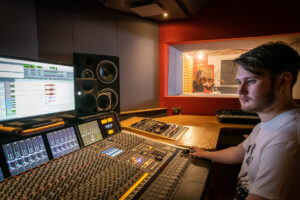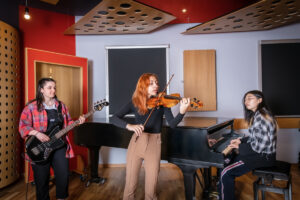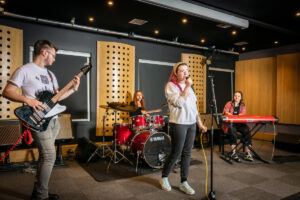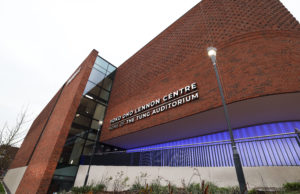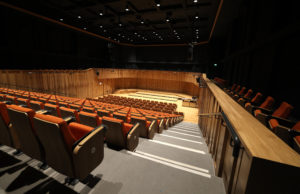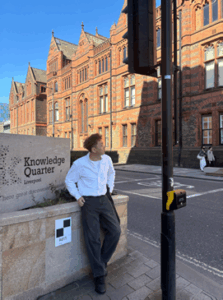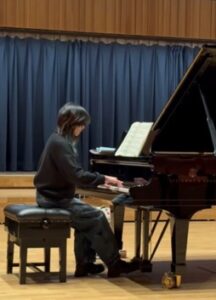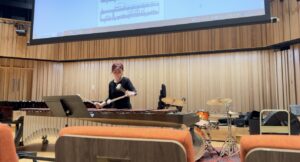How you'll learn
Teaching on the MMus in Music Performance is delivered through a combination of lectures, seminars and tutorials held on campus, as well as 20hours of 1–1 specialist instrumental/vocal tuition. There are also opportunities for students to participate in masterclass workshops and perform with members of the Royal Liverpool Philharmonic Orchestra (RLPO). All students take all modules, which cover solo and ensemble performance, research, and pedagogy; concluding with a major project which can specialise or combine these areas. Class sizes are typically between 10–15 students.
How you're assessed
Students on the MMus are assessed through a combination of formative and summative coursework. This takes a number of different forms, including research portfolios, reflective and research essays, presentations, and performances (both solo and ensemble).
Liverpool Hallmarks
We have a distinctive approach to education, the Liverpool Curriculum Framework, which focuses on research-connected teaching, active learning, and authentic assessment to ensure our students graduate as digitally fluent and confident global citizens.
The Liverpool Curriculum framework sets out our distinctive approach to education. Our teaching staff support our students to develop academic knowledge, skills, and understanding alongside our graduate attributes:
- Digital fluency
- Confidence
- Global citizenship
Our curriculum is characterised by the three Liverpool Hallmarks:
- Research-connected teaching
- Active learning
- Authentic assessment
All this is underpinned by our core value of inclusivity and commitment to providing a curriculum that is accessible to all students.
